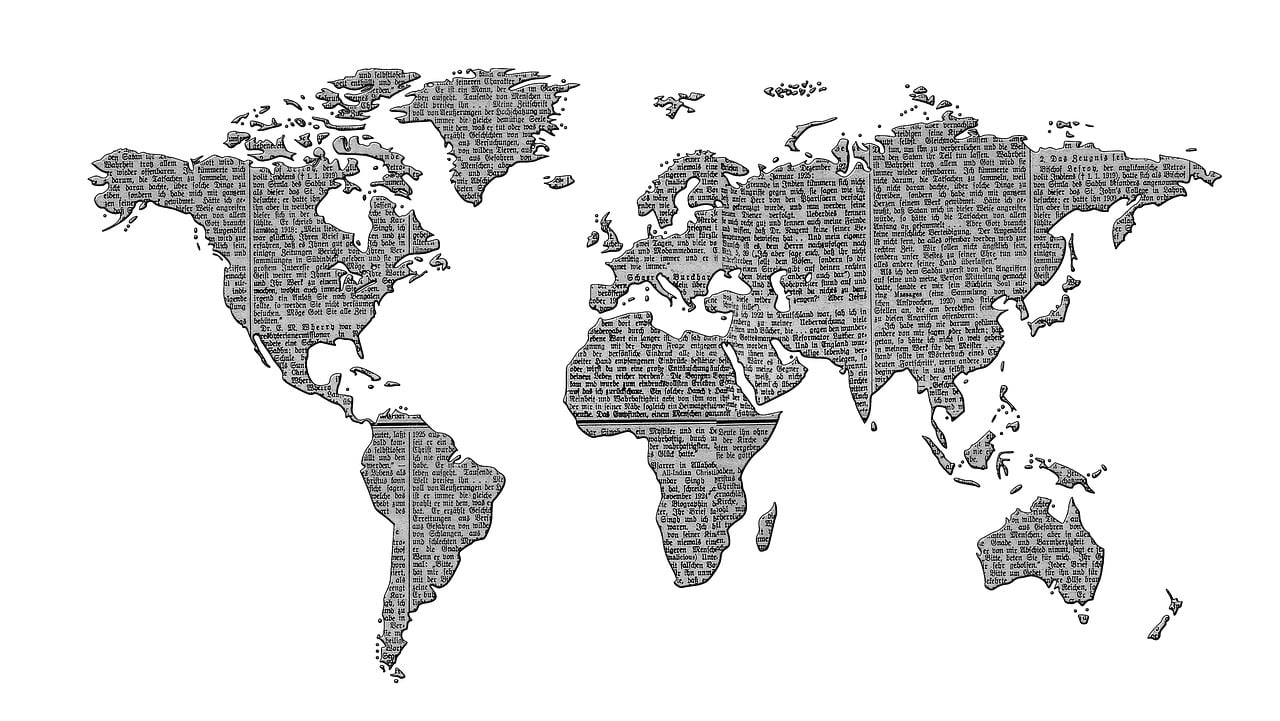Robocath, a company that designs, develops and commercializes smart robotic solutions for the treatment of cardiovascular diseases, today announces the launch of its latest robotic platform – the R-One+. Robocath will showcase this new solution during the upcoming international EuroPCR conference in Paris (France), from May 16 to 19, at the company’s booth (M19, second floor). The R-One+ platform will also be presented in more detail during a dedicated session ‘Robotic PCI: real-life experience with a new robotic platform’, on May 16, room 252B, between 1:45pm and 2:45pm (CEST).
The R-One+ robotic solution allows the interventional cardiologist to perform coronary angioplasties by controlling the devices using an integrated control command unit located in the cathlab or in the control room. This creates two main benefits: firstly, the system protects the cardiologist and the medical team against radiation-induced injuries, and secondly it makes the PCI procedure easier and safer. Thanks to R-One+, cardiologists can perform enhanced hand gestures with even greater precision and in more comfortable working conditions, all of which benefits the patient.
“For the first time, I was able to perform several robotic angioplasties from the comfort of my chair in the control room, where I was completely shielded from X-rays and could dispense with my lead apron. I also benefited from the excellent visibility on the radioscopy and hemodynamic monitoring screens. This new set-up has changed the way we organize our procedures and has given nursing staff the opportunity to develop new skills. This new approach has also enabled doctors to shift their focus back to their core activities and to perform procedures in complete safety and with millimeter precision. I’m excited to incorporate this new robotic technology into my day-to-day work. Without doubt, it opens up some new and extremely promising avenues for the treatment of cardiovascular diseases, especially in the case of long and complex procedures,” said Dr. Mohammed Nejjari, interventional cardiologist at the Centre Cardiologique du Nord (CCN) in Saint-Denis, France.
“R-One+ makes it extremely easy to position devices with millimeter precision. It’s also much more comfortable to operate using robotic technology, and, as the prinicipal operator, I am completely protected from radiation. I firmly believe that robotics has a major role to play in the transformation of interventional cardiology and the use of this technology will mark a new chapter in the history of our field,” said Prof. Michael Haude, interventional cardiologist at the Lukaskrankenhaus hospital in Neuss, Germany.
“The launch of R-One+ shows what our company is all about — that is, listening to our users’ needs and fostering exceptional partnerships between our different units in order to produce the best possible results for physicians. I would like to thank the medical community for giving their time so willingly and for their excellent advice. I would also like to thank all our staff who have worked so hard to launch this new robotic platform and, in doing so, taken us one step further on our roadmap to greater commercial success,” said Lucien Goffart, CEO of Robocath.
“Robotic technology is digitizating endovascular medicine. I’m delighted that we are now launching R-One+; this solution marks a major step forward in the digital transformation of the cathlab as we continue to work towards our goal of ensuring better care for patients and better protection for medical staff,” said Philippe Bencteux, president and founder of Robocath.
ROBOCATH AT EUROPCR 2023
Attendees at EuroPCR 2023 will be able to:
- Enjoy a demonstration of the R-One+ robotic platform and test out the system at Robocath’s booth (M19) on the second floor. There will also be the opportunity to record this test-run thanks to a new partnership with Medinbox (www.medinbox.com)
- Find out all about the new R-One+ platform during the dedicated session ‘Robotic PCI: real-life experience with a new robotic platform’, taking place between 1:45pm and 2:45pm (CEST), on May 16, in room 252B. The talk will be given by Dr. Jean Fajadet and Prof. Stefan Verheye and will include two case studies featuring the robotic technology, from Prof. Michael Haude of the Lukaskrankenhaus hospital in Neuss, Germany, and Dr. Mohammed Nejjari of the Centre Cardiologique du Nord (CCN) in Saint-Denis, France


